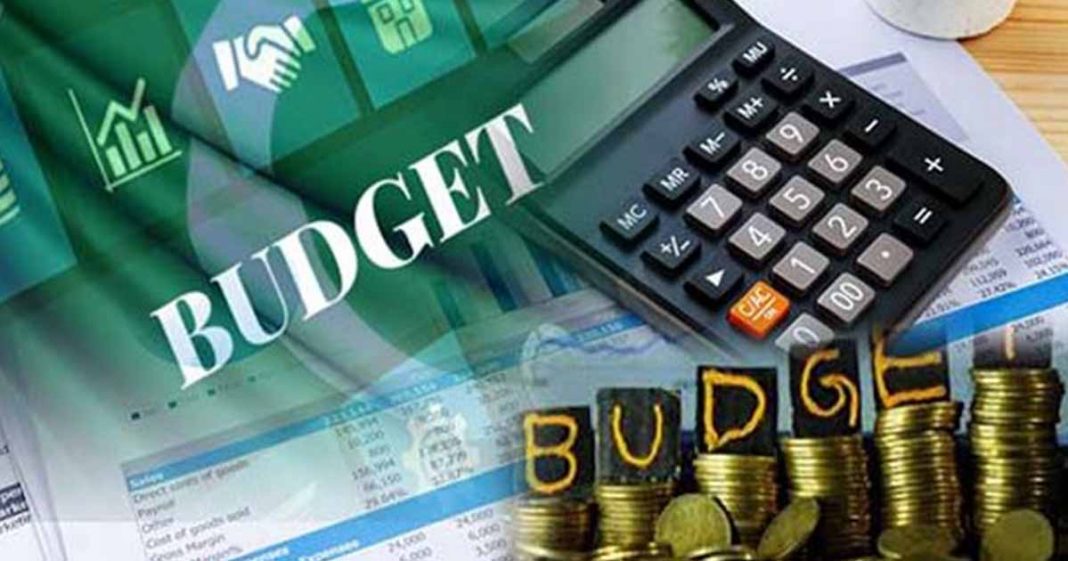The Finance Bill 2024, described as a “tsunami of taxes,” successfully passed through Pakistan’s National Assembly on Thursday. This pivotal legislation comes ahead of crucial talks with the International Monetary Fund (IMF) for a new, extensive bailout, aimed at salvaging an economy on the brink of a debt default.
Read More: Fuel Prices to Increase
The federal government presented the Rs18.877 trillion budget for the fiscal year 2024-25 (FY25), amidst sharp criticism from opposition parties. Despite the backlash, the bill, moved by Finance Minister Muhammad Aurangzeb, was endorsed by the ruling alliance and passed with a majority vote. All amendments proposed by opposition members were rejected, as NA Speaker Sardar Ayaz Sadiq announced the bill’s passage live on television.
Challenging Revenue Targets
Policymakers have set an ambitious tax revenue target of Rs13 trillion for the year starting July 1, marking a 40% increase from the current year. This move is part of efforts to secure a new rescue deal with the IMF, with Pakistan negotiating a loan between $6 billion to $8 billion.
The tax hike includes a 48% increase in direct taxes and a 35% rise in indirect taxes, alongside a significant 64% increase in non-tax revenue, including petroleum levies. Specific tax increments include an 18% tax on textile, leather products, and mobile phones, and a higher tax on capital gains from real estate. Workers will face more direct taxes on income, reflecting the government’s broad strategy to boost revenue.
Fiscal and Economic Projections
The government has projected a sharp reduction in the fiscal deficit for the upcoming financial year to 5.9% of GDP, down from an estimated 7.4% this year. The growth target has been set at 3.6%, with inflation anticipated at 12%. To manage fiscal balance, the government plans to gradually increase the levy on petrol and diesel from Rs60 per litre to Rs70 per litre, with similar increases on light diesel oil, kerosene oil, and high-octane.
In response to opposition concerns, Finance Minister Aurangzeb emphasized that the economy has achieved stability, with reductions in the current account deficit and fiscal deficit, stable currency, increased foreign exchange reserves at $9 billion, and inflation down to 11% from 38%.
Further adjustments include new taxes on travel starting July 1. Business and club class tickets to the United States and Canada will incur an additional Rs100,000 tax, while tickets to Europe, New Zealand, and Australia will see a Rs60,000 hike. Travel to Dubai, Saudi Arabia, and other Middle Eastern and African countries will have an additional Rs30,000 tax. These measures aim to bolster the tax base amidst a challenging economic landscape.
Opposition’s Stance and Government’s Defense
Opposition parties, primarily the PTI, have vehemently rejected the budget, labeling it as “economic terrorism” and predicting severe inflationary impacts. PTI leaders argued that the budget will stifle economic growth and increase electricity prices from Rs70 to Rs85.
They criticized the lack of an austerity plan and highlighted the unemployment surge during the current government’s tenure. Conversely, Prime Minister Shehbaz Sharif defended the government’s fiscal strategy, questioning the Khyber Pakhtunkhwa (KP) government’s use of Rs590 billion allocated for anti-terrorism efforts. He emphasized that KP has been the frontline in the fight against terrorism, justifying the additional funds allocated under the NFC award.
Pakistan’s Finance Bill 2024 represents a critical step towards economic recovery and stability. Despite opposition claims of inflationary pressures and economic hardships, the government remains steadfast in its approach to broaden the tax base and secure IMF support.
The emphasis on tax reforms and structural adjustments highlights a commitment to overcoming fiscal challenges and achieving sustainable growth. As Pakistan navigates this turbulent period, the focus remains on balancing immediate financial needs with long-term economic resilience.














